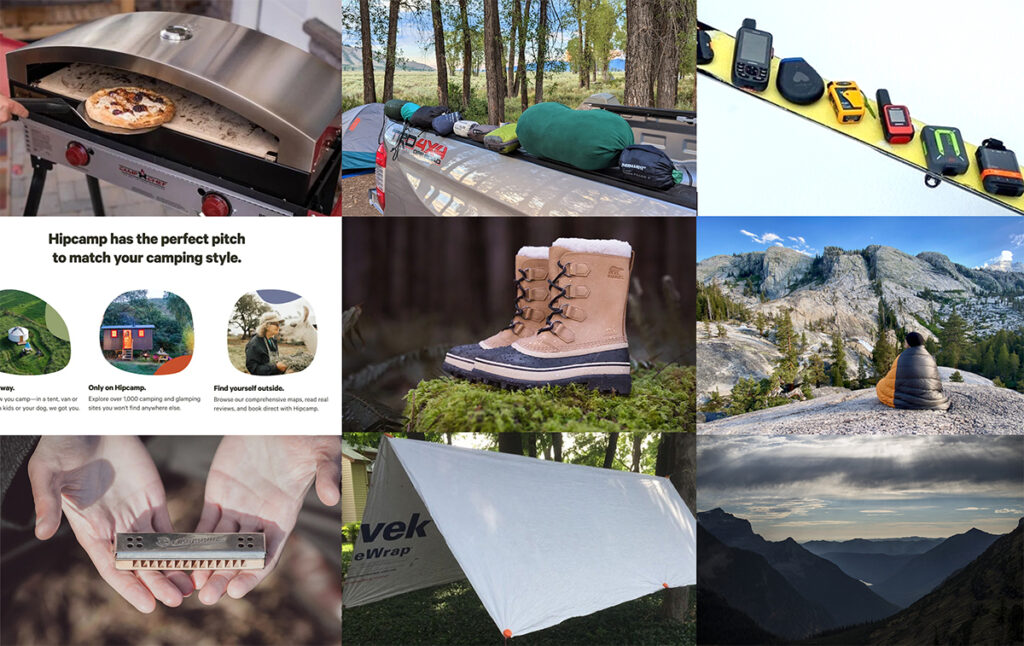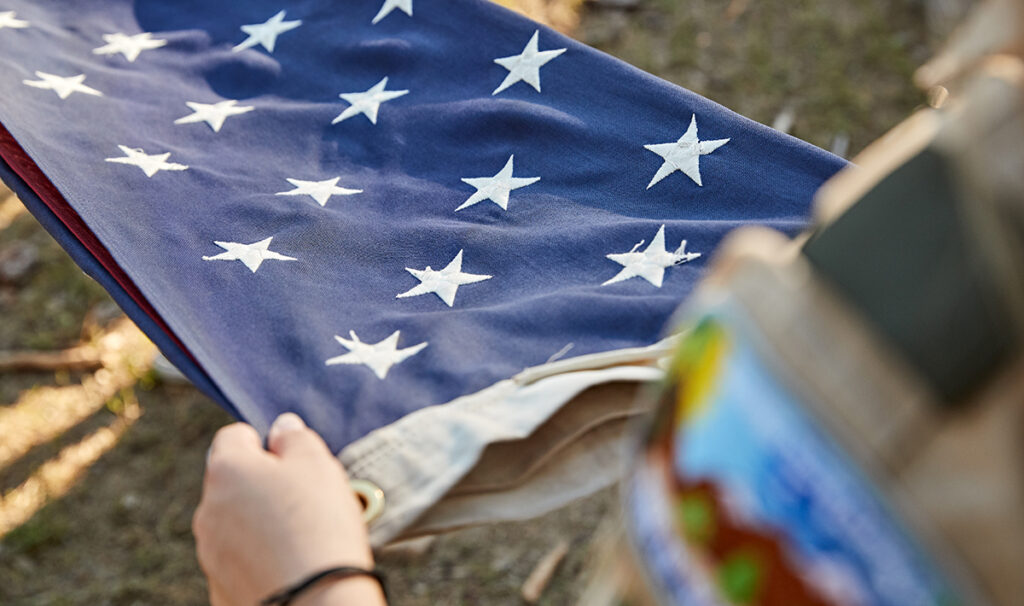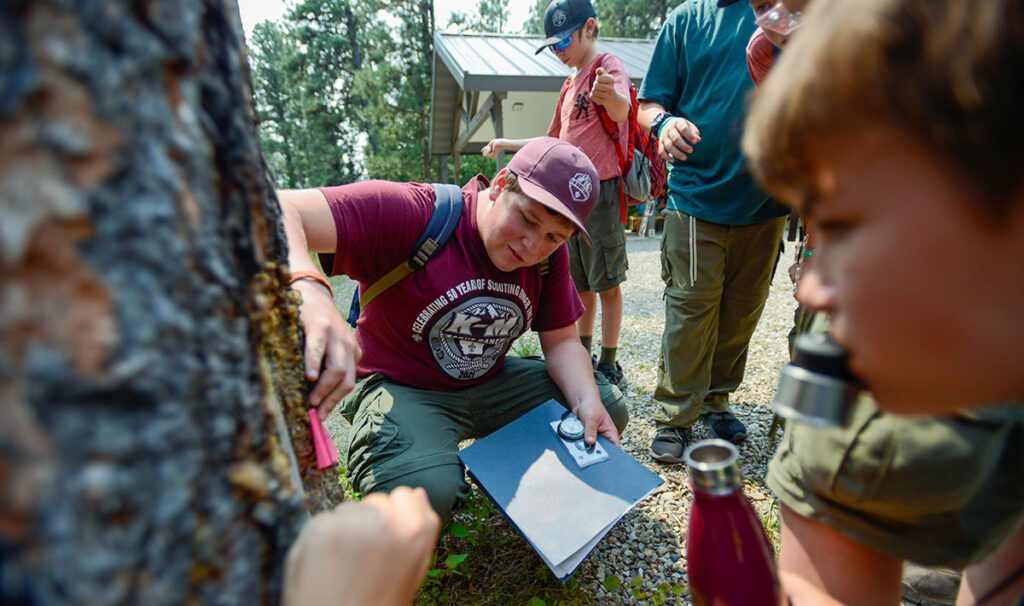Conservation and outdoor activities have been part of scouting since the beginning.
The first Scout leaders including Lord Baden-Powell and Ernest Thompson Seaton, along with President Theodore Roosevelt, recognized the inherent value of conservation to the core of the Scouting experience.
There is a BSA requirement that each council forms a Conservation Committee to assure that camps are managed in accordance with sound resource management principles.
In addition, the Conservation Committee promotes all aspects of conservation education and action in Scouting and Scout advancement activities to encourage Cub Scouts, Boy Scouts, and Venturing to be grounded in the principles of conservation.
Fundamental to the concepts of Scouting is the idea of leaving the world a better place than you found it.
Conservation projects are one of the best ways to express this intention.
Scouts can undertake good turn projects in their communities to conserve wildlife and their habitat, promote and assist in community recycling efforts, promote energy conservation, assist in weed control, learn and teach wildlife and plant identification in their units, and assist in water conservation and stream restoration.
There are many ways for Scouts to be involved in conservation activities.
One of the best of these is to plan and implement your Eagle Project in a way to address a conservation need.
There are many opportunities to complete a conservation-related Eagle Scout project.
Here are just a few examples:
- building bat houses or bluebird houses to enhance the conservation of these animals
- building trail improvements to help agencies minimize resource damage by the visiting public
- helping agencies clean up public parks and improving the signs in such areas to educate visitors about local wildlife and their needs
- building fencing to protect sensitive habitats like wetlands on public lands
- building bike shelters to promote commuting to work by biking in order to conserve natural resources
- building community recycling containers and promoting recycling.
There are many Scout awards related directly to conservation including:
- The William T. Hornaday Awards
- The World Conservation Award
- The Conservation Good Turn Award
- The National Outdoor Badge – Conservation
- The Keep American Beautiful Hometown Conservation Award
- The Cub Scout Outdoor Activity Award
- The National Park Service Scout Ranger Program.
In the coming months, we will highlight some of these and show how to get involved in them so that Scouts and Scout leaders can use these opportunities to include Scouts in conservation action in unit activities, summer camps, outdoor adventures, and award programs.
The Montana Council is located in one of the best areas in the lower 48 states to teach and promote conservation to Scouts and Scout Leaders.
The need for integrating conservation education and conservation principles into all aspects of Scouting is increasing every day.
Let’s work to make this happen in the Montana Council.
Chris Servheen
Chair, Conservation Committee




